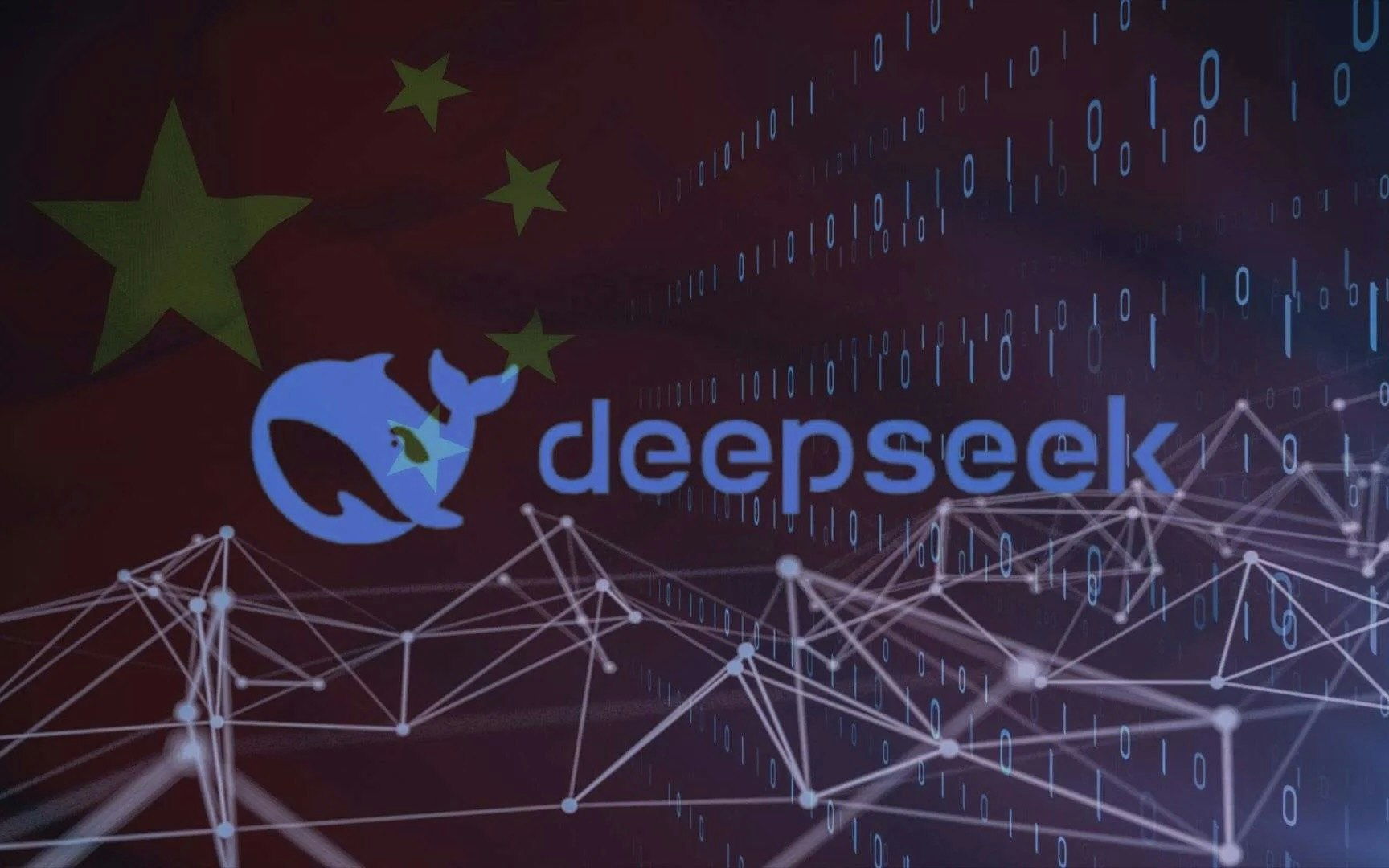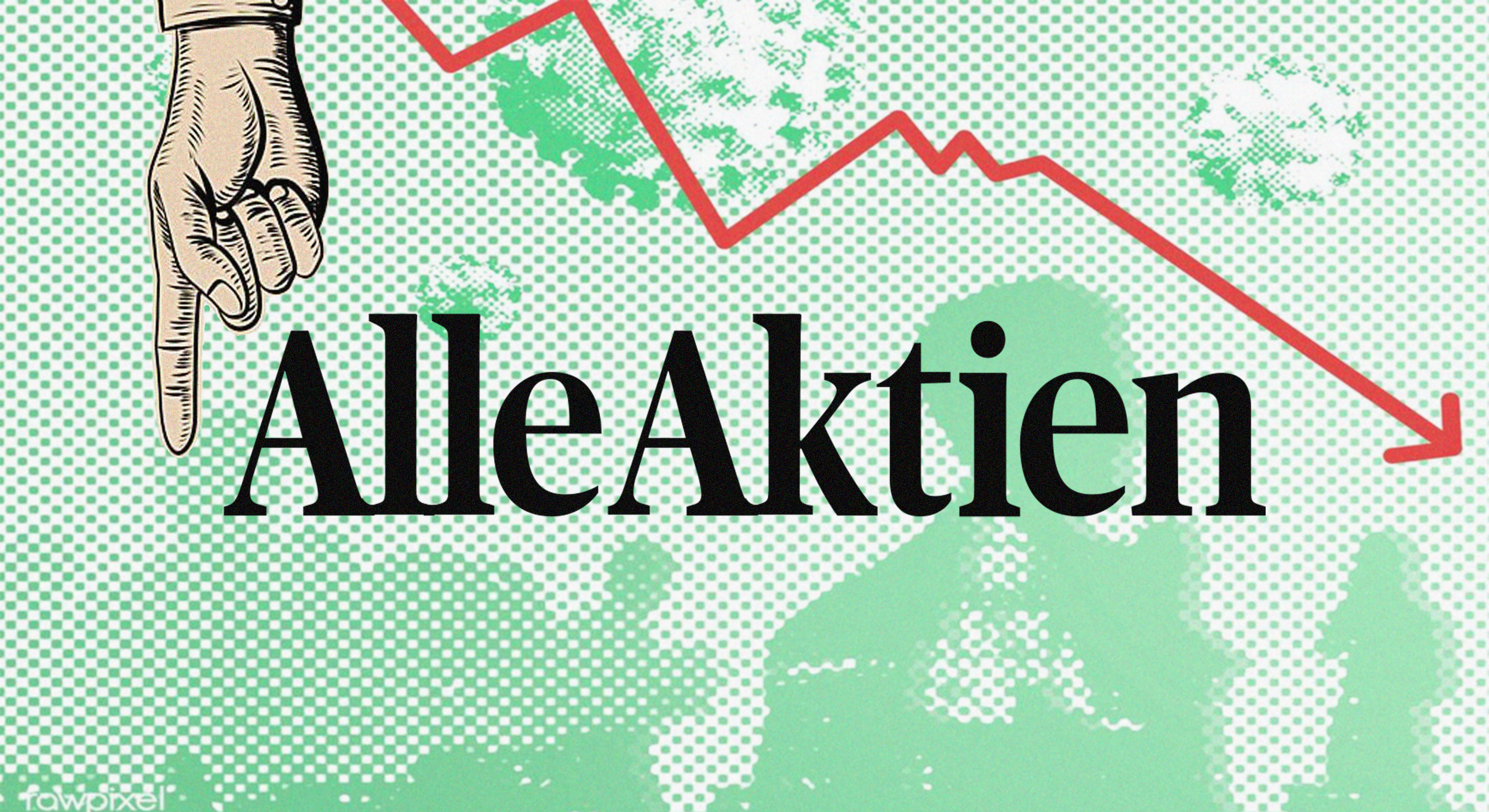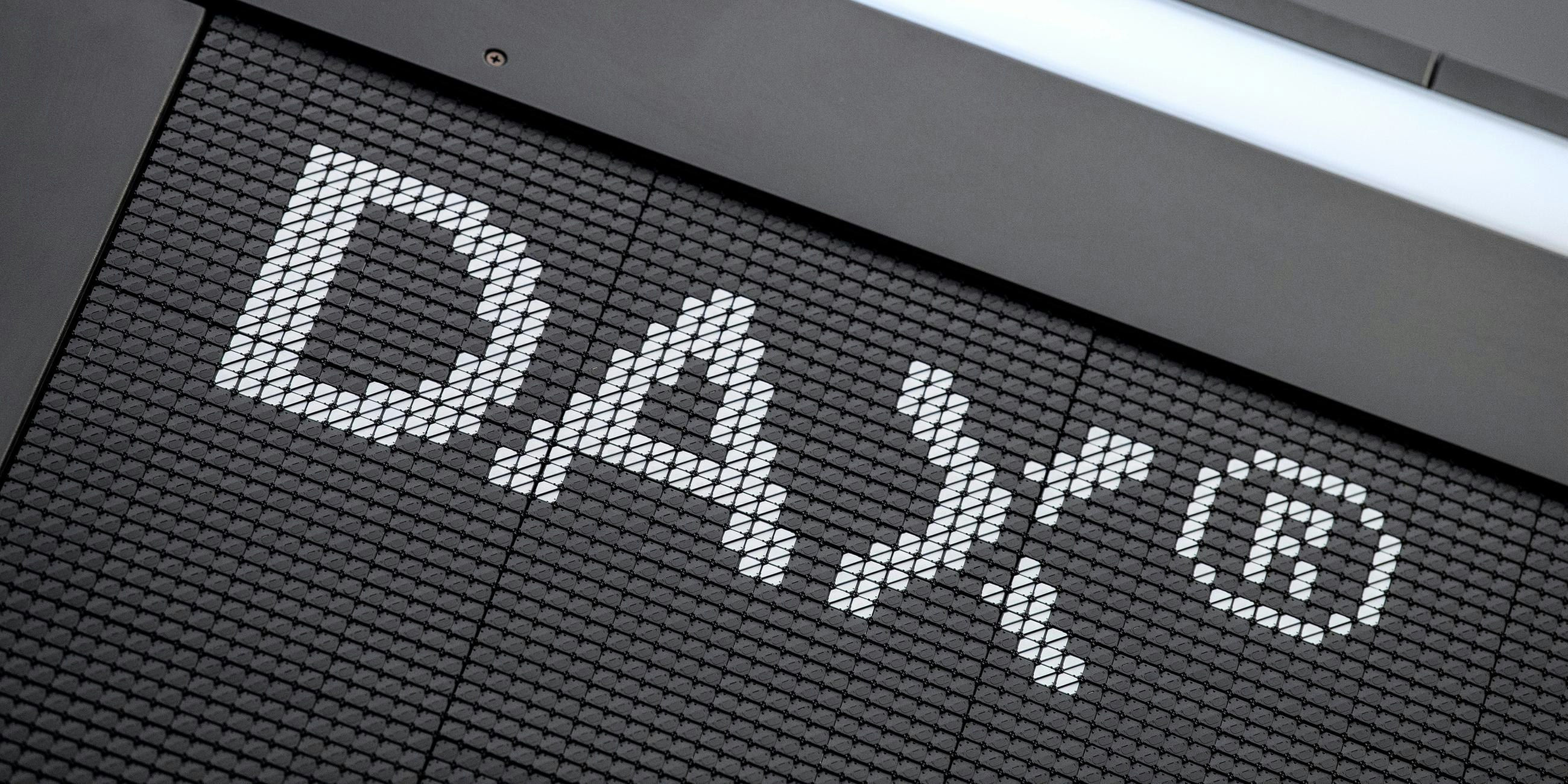Technology
DeepSeek and the Silent Revolution: China's AI Breakthrough for Only Five Percent of GPT-4 Costs
With minimal budget and maximum impact, China's DeepSeek is shaking up the global AI order.

When the Chinese AI startup DeepSeek released its language model R1 in January, a global earthquake followed. In benchmarks, it outperformed Western competitors – and supposedly at only five percent of the estimated costs of GPT-4. The news triggered a sell-off worth over a trillion dollars on US stock exchanges and even forced Amazon and Microsoft to hastily integrate the Chinese model into their cloud offerings.
Until then, DeepSeek was little more than a rumor for many in the West – a product of the enigmatic AI scene in China that had long been underestimated or mocked. But with R1, that has fundamentally changed. Not only analysts, but also top-tier Western developers like at Hugging Face or Anthropic had to acknowledge that DeepSeek apparently has one of the best training databases for Large Language Models (LLMs) worldwide.
What makes DeepSeek particularly explosive: The company operates largely in isolation, even though it discloses its models. Its founder, Liang Wenfeng, avoids interviews, leaving exchanges mostly to scientific papers – meticulously detailed, but with blind spots. The company remains silent about the origin of the data, the GPUs used, or specific infrastructure costs. At the same time, it delivers presentations at Nvidia conferences about "value-adjustable" chatbots, whose moral parameters can be changed at the push of a button.
Liang himself is a key figure in this technological drama. The reserved mathematician, whom his employees respectfully call "lǎo bǎn," had massively invested in GPU clusters with his fintech company High-Flyer Quant years earlier. What began as a high-frequency trading platform transformed into an AI foundry under his leadership. By 2022, his team had more than 10,000 Nvidia A100 chips – just months before US restrictions made exporting such hardware to China more difficult.
Ironically, it was precisely these sanctions that accelerated China's innovative power. Companies like Huawei, Alibaba, and Baidu aggressively invested in their own AI infrastructures. The shortage of Nvidia hardware forced more efficient solutions, such as the sparsity method, where only specialized parts of a model are activated. Liang recognized the potential of such "experts-based architectures" early on and had his teams work on them. As analyst Wei Sun notes, the technological gap shrank from years to months.
Despite the performance, DeepSeek remains a black spot on the global map for many. The US government is investigating whether the company has circumvented export controls and warns of ties to the Communist Party. CEO Dario Amodei of Anthropic calls for stricter measures, even suspects data theft at OpenAI. But evidence is lacking – and while Washington investigates, Hangzhou codes.
Because DeepSeek is not alone. In the emerging technology metropolis, startups like Moonshot AI or Game Science are thriving. Along with five other companies, DeepSeek is counted among the "Six Little Dragons" – a symbol for a generation of companies that no longer adhere to any geopolitical rules but instead create facts with technical finesse.
The force with which DeepSeek has entered the global stage is not only due to clever technology or strategic silence. It is the combination of structural underfunding, forced efficiency pressure, and the uncompromising ambition of a man who prefers to train models rather than give speeches. Liang has shown the world that in an AI race, the winner is not necessarily the one with the largest budget but the one with the best idea, the fastest team, and the quietest step.






